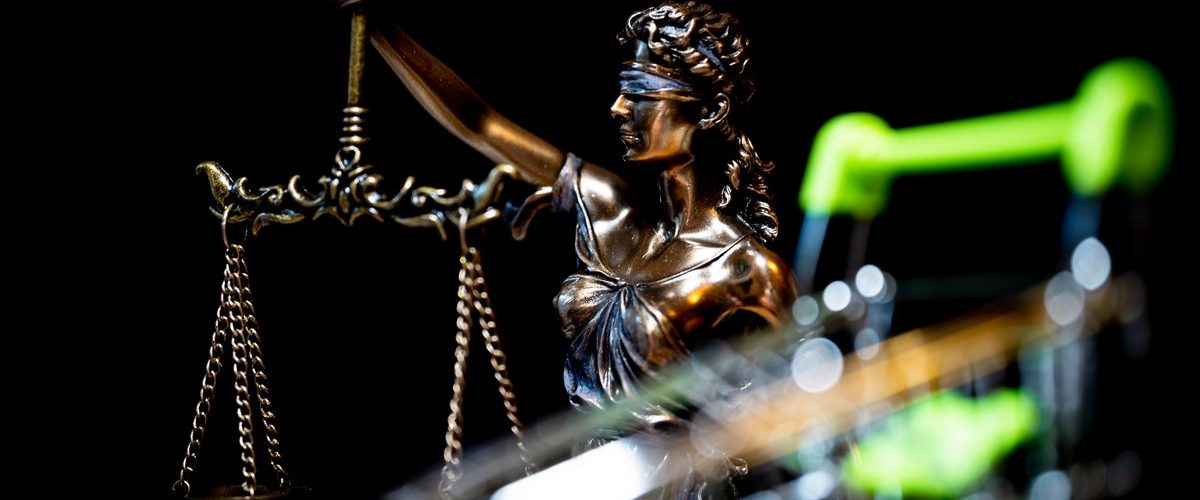Articles in the EU VAT Directive
Article 203 of the EU VAT Directive 2006/112/EC.
Article 203 (Liability of VAT)
VAT shall be payable by any person who enters the VAT on an invoice.
Facts
- P GmbH is a limited liability company under Austrian law which operates an indoor playground.
- The 20% standard rate of VAT was charged for the admission fees to the indoor playground in 2019. Cash register receipts were issued in each case, which are small-value invoices under Paragraph 11(6) of the Austrian law on turnover tax. In fact, however, a 13% reduced rate of tax should have been applied.
- The customers of P GmbH are exclusively final consumers, who do not have a right of deduction.
- P GmbH corrected its annual VAT return for the year 2019 in order to be credited for the overpaid VAT. That credit was refused by the Finanzamt (‘the Tax Office’) because the higher VAT is payable as a result of accounting for the individual invoices without correction and because P GmbH would enrich itself with a correction as the customers had paid the VAT. Succinct presentation of the reasoning in the request for a preliminary ruling
- It is clear that the tickets issued by P GmbH for the payment of the admission fees are invoices within the meaning of the VAT Directive. They are simplified invoices under Article 238 read in conjunction with Article 226b of the directive. They give rise to a liability for payment of VAT under accounting rules under Paragraph 11(12) of UStG 1994.
- The customers of P GmbH are exclusively final consumers without a right of deduction. The question therefore arises whether Article 203 of the VAT Directive can be applied, as in this case there cannot be a threat to tax revenue due to the deduction of input tax by the recipient of the supply.
- A correction of invoices is, in principle, possible in Austria, but the corrected invoices must be sent to the person to whom the supply is made. That is not
possible in the present case, as the final consumers are no longer identifiable. - In Austria, the view has been taken that a change in VAT, especially if there is no danger to tax revenue and an invoice correction is technically or factually impracticable, should also be possible without an invoice correction. However, this is countered by the argument that taxable persons are not obliged to issue invoices in transactions with consumers. If this had not been done, the invoices would not now have to be corrected.
- The question also arises whether, in a case such as that described, the invoice correction can be precluded in relation to the recipients of the services.
- In the present case, the VAT for the admission fees was ultimately paid by the customers, not by P GmbH. If P GmbH were to receive money back from the state by correcting the VAT, that would constitute an enrichment of P GmbH.
- Austrian national law provides that, where taxes and duties are omitted, the prices are to be reduced by those amounts.
- The Tax Office also based its refusal of VAT correction on the consequent enrichment of P GmbH. The case-law of the Court of Justice in Cases C-191/12
and C-309/06 also appears to support that interpretation. - The question thus arises as to whether a VAT correction is precluded where the final consumers have borne the tax as part of the consideration and so enriching the trader by the correction of the VAT.
Questions
- Is VAT payable by the issuer of the invoice under Article 203 of the VAT Directive if, as in the present case, there may be no risk of loss of tax revenue, because the recipients of the services are final consumers who are not entitled to the right of deduction?
- If the first question is answered in the affirmative and VAT is payable by the issuer of an invoice under Article 203 of the VAT Directive:
- Can the correction of invoices in respect of the recipients of services be precluded if, on the one hand, a risk of loss of tax revenue is excluded and, on the other, the correction of invoices is effectively impossible?
- Does the fact that final consumers have borne the tax as part of the consideration, thereby enriching the taxable person by correcting the VAT, preclude the correction of the VAT?
AG Opinion
Decision
Source
Other ECJ Cases referred to
- C-191/12 (Alakor Gabonatermelő és Forgalmazó) – Principle of repayment of taxes in breach of the rules of EU law does not preclude that State from refusing to repay part of the VAT
- C-309/06 (Marks & Spencer) – Business should be able to recover overpaid VAT regardless of unjust enrichment
Newsletters














